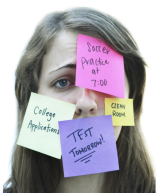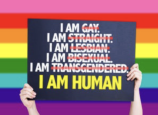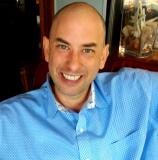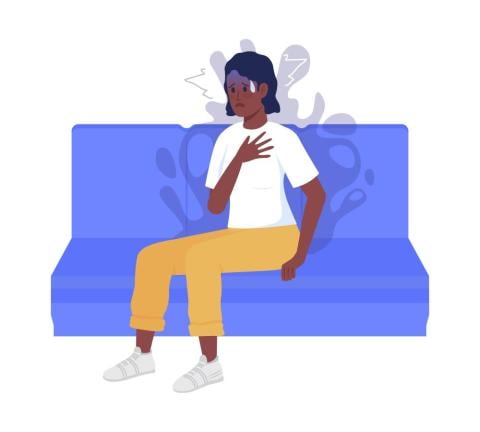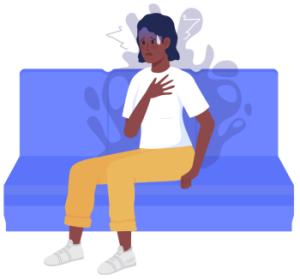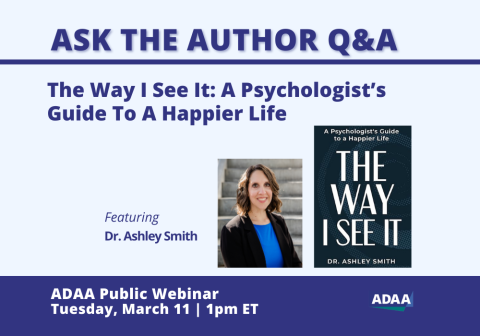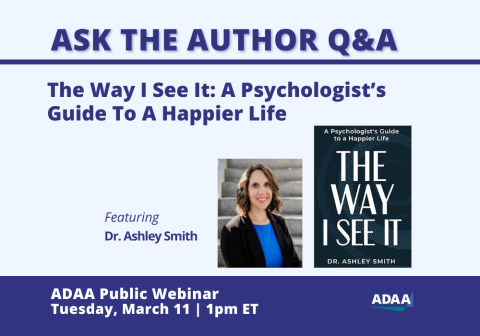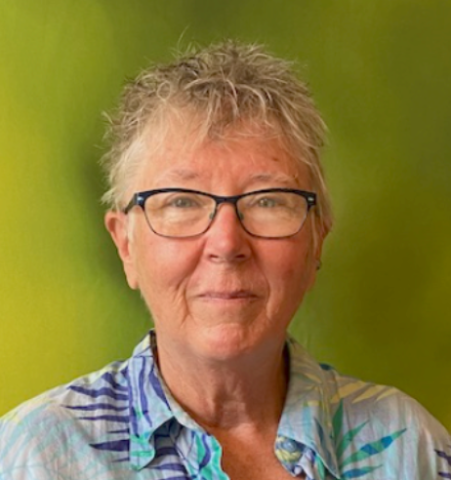Saving Myself to Find A Version of Happiness
“As traumatized children, we always dreamed that someone would come and save us. We never dreamed that it would, in fact, be ourselves as adults.” – Alice Little
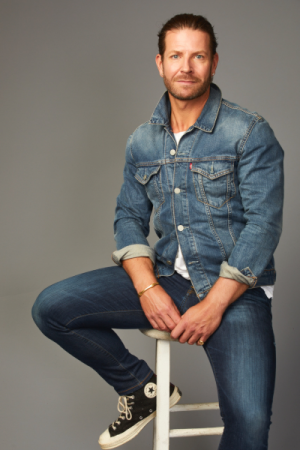 I never wanted to be anything but me. But somehow, me didn’t want to be me. Or at least it wanted to be me somewhere else, with someone else, doing something else and always with the notion that someplace else would be better for me. From an early age I knew I was different from all the other boys. I didn’t mind that I was different. By my early teens, I knew I was gay but I had to continue to live in a closeted community. What I wanted was to be myself, to study acting and to know happiness. And what I really wanted was for society to be different. More accepting, more understanding, more tolerant and kind, and a lot less passive and judgmental.
I never wanted to be anything but me. But somehow, me didn’t want to be me. Or at least it wanted to be me somewhere else, with someone else, doing something else and always with the notion that someplace else would be better for me. From an early age I knew I was different from all the other boys. I didn’t mind that I was different. By my early teens, I knew I was gay but I had to continue to live in a closeted community. What I wanted was to be myself, to study acting and to know happiness. And what I really wanted was for society to be different. More accepting, more understanding, more tolerant and kind, and a lot less passive and judgmental.
Growing up on the west coast of Scotland may seem like a picturesque and peaceful upbringing but for me, it was far from idyllic. My home was chaotic, dysfunctional, and abusive. My father was, I believe, a self-medicating alcoholic whose rage would fly through the door every night after the pub or an evening of drink and terrorize me, my mother and my older brother, who often stayed to himself in his room. It was the 1970s and early 80s and while people in the community knew what was going on, no one came to our rescue. On the outside we presented as if everything was ok. But everyone knew it wasn’t.
I would fantasize about being saved. The desire, the need, the desperation I felt to have someone or something come in and swoop me out of that situation became overwhelming. It was like something out of a film. In fact, I would watch old movies with the residents at my mother’s work in a retirement home. My mother eventually had to find employment as a hairdresser, among other jobs, because my father spent so much money at the bar. My peer group became these ladies and gentlemen in their 70’s and 80’s and we would watch films from the 1940s and 50s with Judy Garland, Mickey Rooney, Fred Astaire and Ginger Rogers! I fell in love with those old movies and for me, they were a sort of escapism. I began to think my life would be like that, that by the end of the third reel, I would live happily ever after.
Around age 14, I started to have significant bouts of anxiety and depression. The late nights were exhausting me, but who could sleep in my house with the fighting and commotion that went on every night when my father came back from drinking?
At about that time, I had gone to see our family doctor and told him about my sleeping issues. He prescribed a medication which I held onto, the bottle still full when on a particularly difficult night after a fight with my mother – while I often tried to protect her I think I also resented her for staying with my father – I impulsively took the entire bottle of pills. It was a dramatic evening in which things like “maybe life would be better if I weren’t here” were said and I rattled the bottle of pills in front of her, threatening to take them. And she threatened back, “go ahead.”
Of course it was a cry for help and I was good for a dare. By that point it felt like help was never going to come. I wasn’t in a movie and I wasn’t going to be airlifted out of that life. But as luck would have it, after taking the pills and storming out of the house, I ran into my best friend. I told her what I had done and as the drugs took effect, she made me walk with her. I don’t remember much after that until waking up in my own bed the next day. I’m thankful the medication wasn’t that strong I guess.
Soon after, we had to move to Glasgow, my father’s drinking becoming more and more damaging, not being able to stay employed in one place. While I still wanted to be an actor, I didn’t have the self-esteem to get behind myself and so I found work in other fields – first as a gas-pump jockey, then a server at a country club, then in telecom sales. Turned out I was good at sales. It always felt like a role to me and I played it well. So well that I moved up the ladder quite quickly and then moved to London where I was recruited with a major tech firm at the height of the IT boom.
By my mid 20’s I was making money hand over fist but couldn’t hold on to any of it. I’d work hard during the week and then alcohol binged to excess on the weekends. I hated the work but I was good at it, though my dream of acting was always there. I began to unravel, feeling I was becoming like my father, and at some point I said, “I can’t do this anymore!”
I quit my job and decided to study acting. I was accepted to one of the top drama schools in London but would eventually step away from acting when a business proposition came my way. I was broke and needed the work and thought it would be a side job at first. That little business turned into an enormous mushroom of a company. The success came fast and furious, the money was great, and from anyone’s perspective, I had a good life. But I wasn’t happy – company politics felt like an echo from the past as I fell deeper into depression and suffered from anxiety.
I realized that even if deep down I still harbored dreams of being saved, I was going to have to be the one to save myself. I suppose I wanted to be saved from the feelings of melancholy and debilitating anxiety but for that, I had to take action. I found a therapist. Eventually when I moved to Los Angeles, returning to my goal to be an actor while juggling multiple projects for income, I went to a psychiatrist. I needed medication. And yes, I would rather not have to take meds to manage the anxiety and depression, but they make a significant difference.
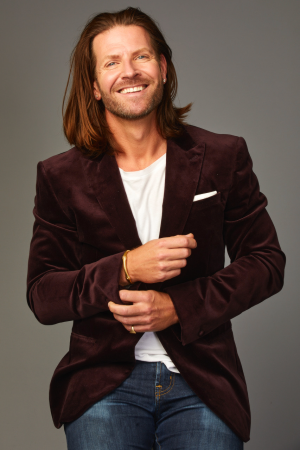 I still often feel like I’m walking through molasses, but I’ve found that happiness is relative and sometimes fleeting, weaving in and out like water running over those thick syrupy times. I now find happiness in a moment, in small bursts like in a conversation with a friend or from an endorphin rush after exercising, and in remembering that I am not alone.
I still often feel like I’m walking through molasses, but I’ve found that happiness is relative and sometimes fleeting, weaving in and out like water running over those thick syrupy times. I now find happiness in a moment, in small bursts like in a conversation with a friend or from an endorphin rush after exercising, and in remembering that I am not alone.
I came across ADAA while doing a search and it clicked with me (no pun intended). I felt less alone reading stories and now sharing mine because we are in this movie together. If one person reads this and it makes a positive difference in their life, then that’s a box-office success for me. But I also want to point out that regardless of the ongoing mental health challenges I or anyone else is facing, we can still go after our dreams.
I’ve set my stage for more moments of happiness, more grace and compassion for my mental health, more understanding and empathy for those who suffer from anxiety, depression and other disorders and I welcome the players, like ADAA and similar organizations, to be a part of the performance.
- Share Your Story and Voice and Help #breakthestigma Around Mental Health
- Support ADAA's Mission - Every Gift Makes an Impact
- Join an ADAA Online Peer to Peer Support Community
- Find Your Therapist
